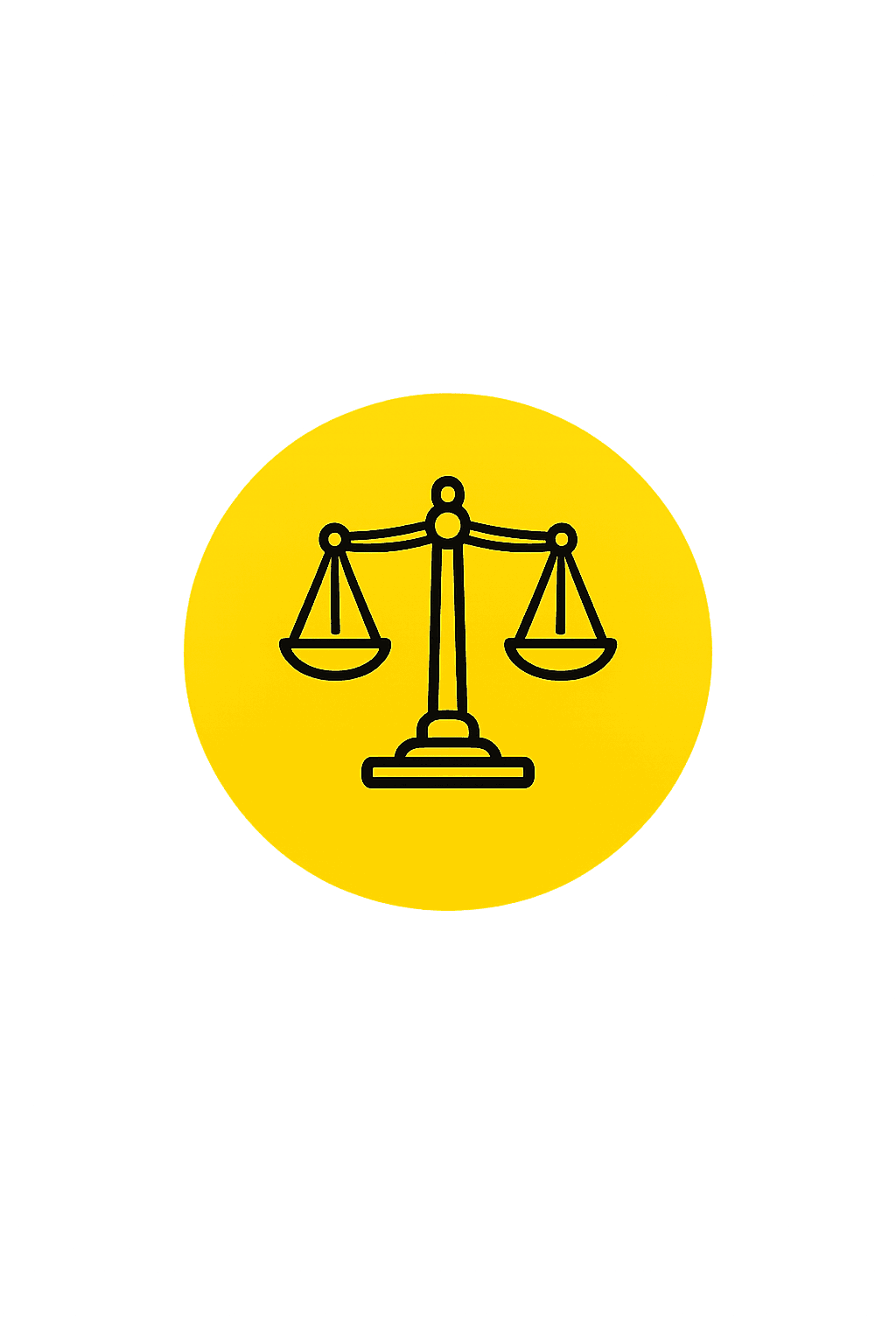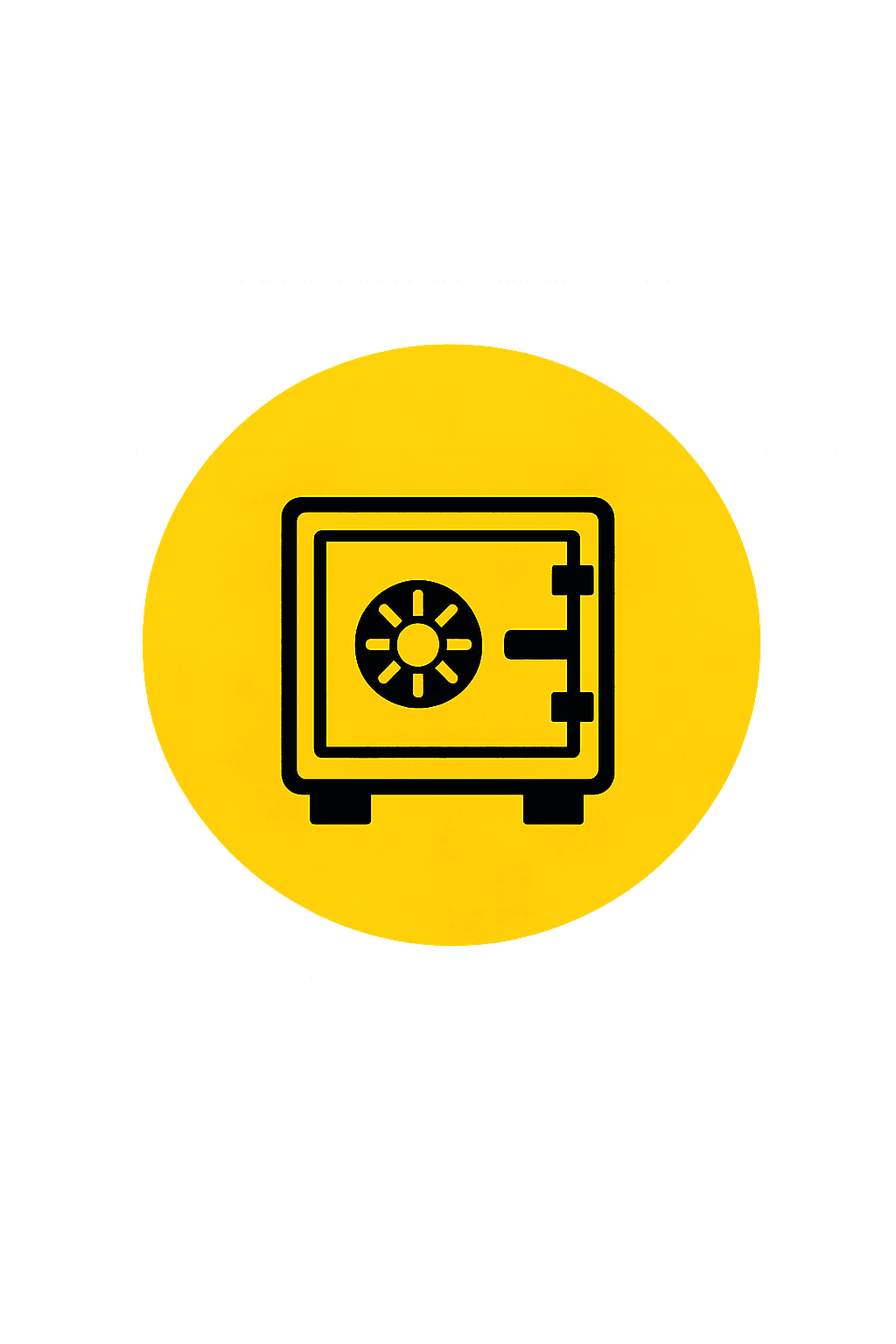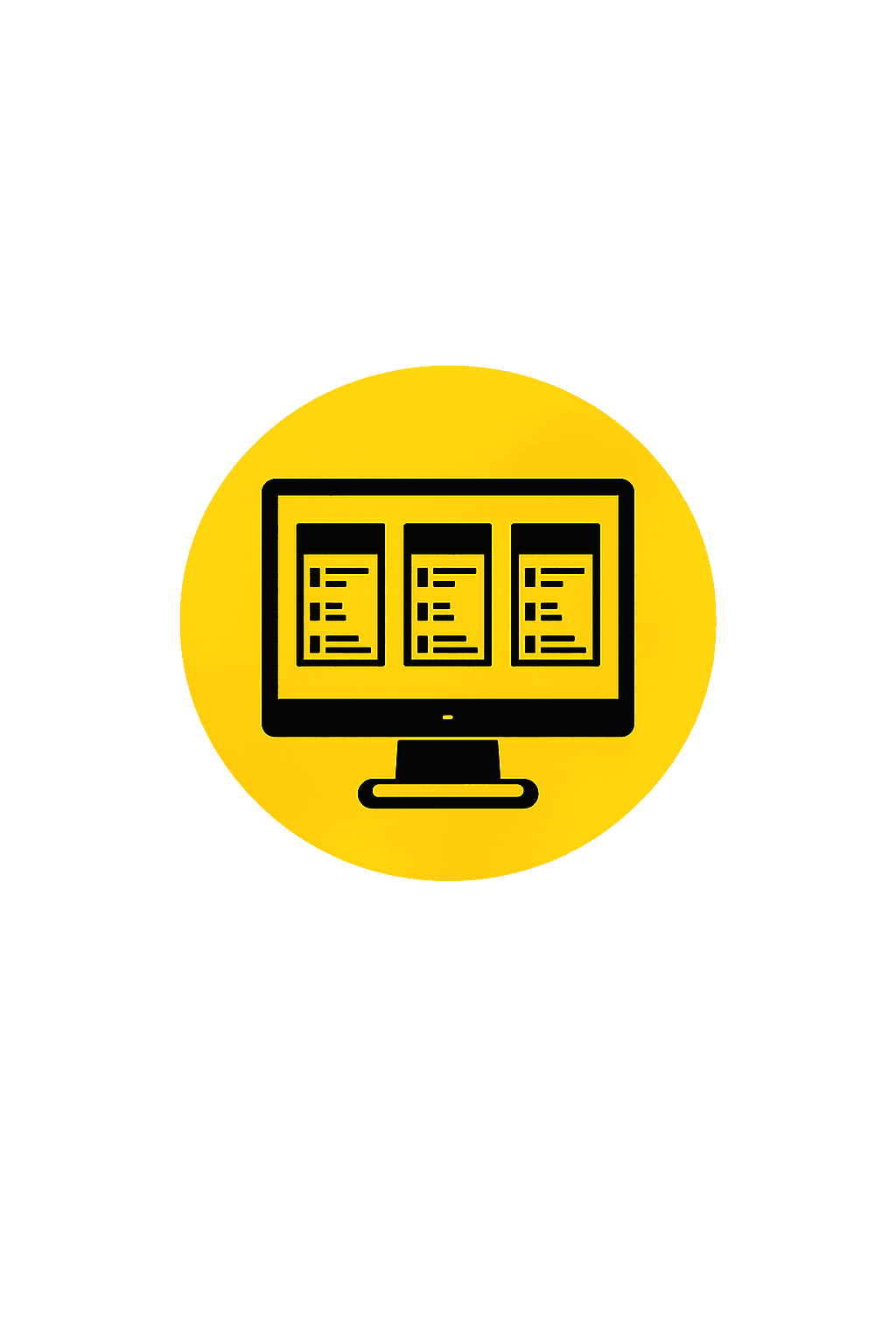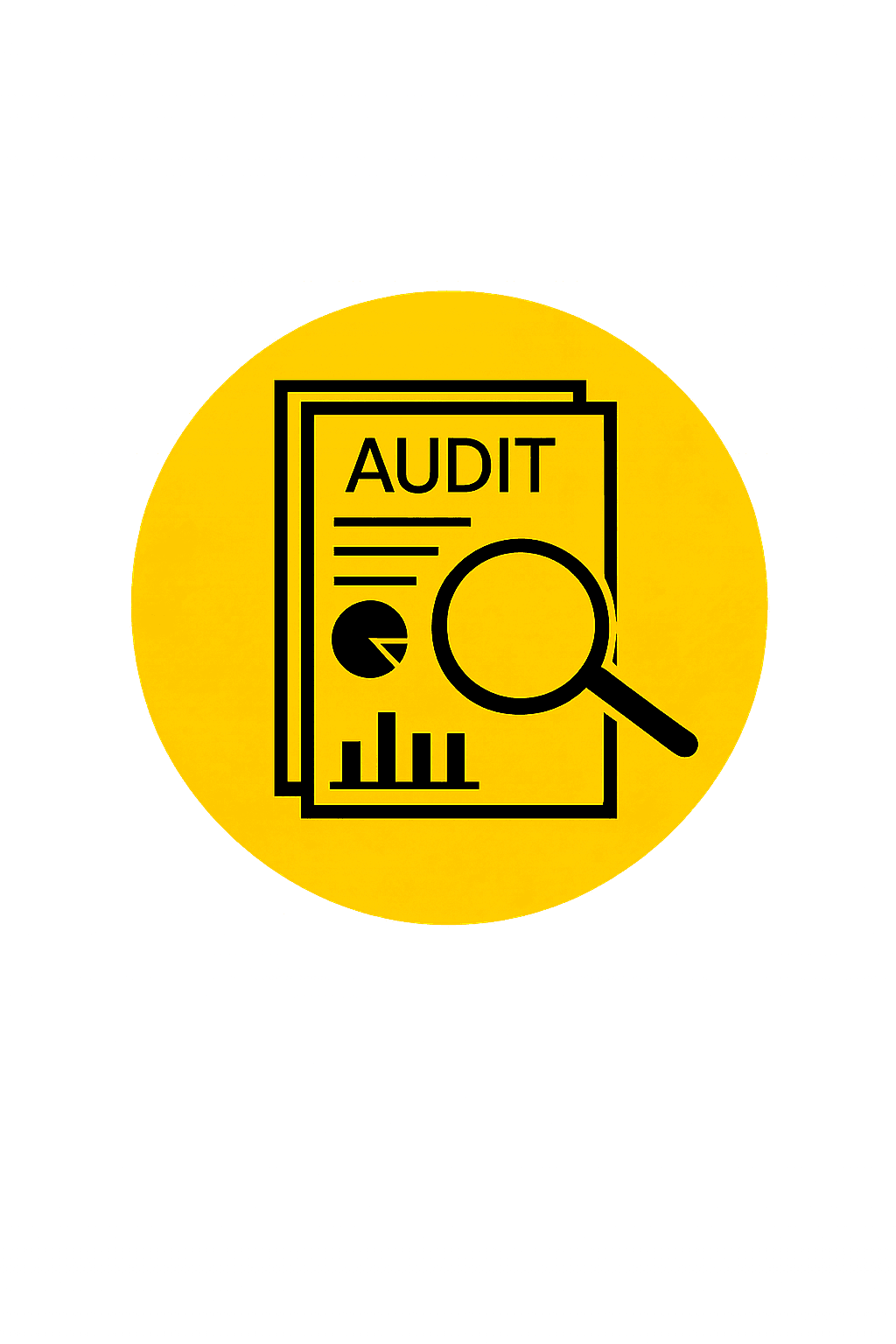Luxembourg is a premier destination for investment funds, known for its strong regulatory framework and investor-friendly environment. One of the critical components in establishing a Luxembourg investment fund is the appointment of a depositary bank. The role of the depositary bank goes beyond simple asset safekeeping; it ensures regulatory compliance and acts as a safeguard against potential risks. However, in recent years, many depositary banks in Luxembourg have become increasingly cautious about accepting new investment funds. Understanding when a depositary bank is required and why it can be challenging to secure one is crucial for fund initiators.
When is a Depositary Bank Required?
The appointment of a depositary bank is mandated by Luxembourg law for several types of investment funds. The requirement is determined by the regulatory structure of the fund and the type of investors it targets.
- UCITS (Undertakings for Collective Investment in Transferable Securities): UCITS funds are highly regulated collective investment vehicles that are typically offered to retail investors. These funds must appoint a depositary bank as a requirement under the UCITS Directive. The depositary bank plays a critical role in safeguarding the fund’s assets and ensuring compliance with EU-wide regulatory standards.
- AIFs (Alternative Investment Funds): AIFs are often used for more complex, non-traditional investment strategies and target professional investors. Under the AIFMD (Alternative Investment Fund Managers Directive), all AIFs managed by an AIFM must appoint a depositary bank. The depositary’s role includes safekeeping assets, ensuring the proper handling of cash flows, and verifying that the fund adheres to its legal and operational obligations.
- RAIFs (Reserved Alternative Investment Funds) and some other funds like Specialized Investment Funds (SIFs): Although not directly supervised by the Luxembourg financial regulator, RAIFs must comply with AIFMD regulations. Therefore, the appointment of a depositary bank is mandatory, even for these lightly regulated funds.
Challenges in securing a depositary bank in Luxembourg
While Luxembourg hosts numerous reputable depositary banks, many are increasingly selective when it comes to taking on new investment fund clients. This reluctance stems from the need for depositary institutions to fully understand the fund’s business model, the nature of the underlying assets, and the associated risks.
- Risk Assessment: Deposit banks face stringent regulatory obligations. They are required to ensure that they do not expose themselves or the fund’s investors to undue risk. As a result, banks conduct a detailed assessment of potential clients to determine if their investment strategy aligns with the bank’s risk tolerance. This means that funds with complex or non-traditional strategies may find it more difficult to secure a depositary.
- Client Transparency: For many depositary banks, understanding the structure, governance, and operational processes of a new fund is essential. Banks often require a deep dive into a potential client’s operations to ensure full transparency and compliance with anti-money laundering (AML) and know-your-client (KYC) regulations. In cases where a fund’s operations are not clearly defined or fully understood, banks may hesitate to take on the client.
- Capacity and Specialization: Some depositary banks are specialized in certain types of funds, such as UCITS, and may not have the internal resources or expertise to manage more complex AIFs or RAIFs. In such cases, even if a fund meets regulatory standards, it may not align with the bank’s strategic priorities, further limiting the pool of potential depositaries.
Damalion: Your Trusted Partner in Luxembourg
At Damalion, we understand the challenges that fund initiators face when seeking to appoint a depositary bank. With the increasing reluctance of many banks to take on new clients, our company can help facilitate introductions to selected banking partners that are open to working with new funds.
Our extensive network of depositary banks in Luxembourg ensures that we can identify institutions that not only meet regulatory requirements but are also aligned with your fund’s investment strategy. Whether you are launching a UCITS, AIF, SIF, or RAIF, we provide tailored introductions to depositary banks with the right expertise and risk appetite for your specific fund structure.
By partnering with Damalion, you can overcome the challenges of securing a depositary bank and focus on growing your investment fund with confidence, knowing that your assets are in trusted hands. Please contact your Damalion expert now.
Depositary bank in Luxembourg for your investment fund — duties, eligible models, onboarding, liability, independence, supervision, and securitization use cases.
For UCITS and alternative fund sponsors, general partners, securitization sponsors, family offices, and professional investors
Last updated: 12 September 2025
What is a Luxembourg depositary bank and when is it required?
A depositary bank safeguards assets, monitors cash, and oversees compliance for a Luxembourg investment fund. The appointment is mandatory for UCITS and, in practice, for most alternative investment funds including reserved alternative investment funds, specialised investment funds, investment companies with variable or fixed capital, and partnerships managed by an authorised manager.
The scope is defined by law and by the fund’s constitutive documents. Independence from the management body is essential and should be demonstrable in governance and information flows.
Who can act as a depositary bank in Luxembourg?
For liquid and transferable financial instruments, an authorised Luxembourg credit institution must perform the role. For certain closed-ended alternative funds that invest mainly in private equity, real assets, or loans, a professional depositary for assets other than financial instruments may be acceptable where permitted by the legal framework.
Damalion facilitates the assessment and helps sponsors select the appropriate model for the strategy, asset mix, and investor profile.
What does a depositary bank do day to day?
The mandate combines safekeeping, cash monitoring, and oversight. In practice, the work is continuous and evidentiary: reconciliations, ownership checks, and compliance against law, fund rules, and the prospectus.
- Safekeeping of financial instruments. Custody in segregated accounts with position and transaction reconciliations.
- Record-keeping of other assets. Ownership verification for unlisted equity, real estate interests, or loans, with up-to-date asset registers.
- Cash flow monitoring. Identification of cash accounts, monitoring of flows, and escalation of anomalies.
- Oversight. Checks on subscriptions and redemptions, valuation processes, income allocations, and compliance with investment and borrowing limits.
- Delegation network. Sub-custodian due diligence, segregation standards, and ongoing monitoring of delegates.
Can securitization vehicles appoint a depositary bank?
Yes. Project sponsors may appoint a depositary bank for Luxembourg securitization vehicles depending on the legal form (company or fund), the underlying assets, the investor base, and whether the vehicle falls within fund regulation. The depositary bank can provide custody for financial instruments, hold and verify other assets, monitor cash, and support investor reporting in line with the vehicle’s rules. For further insights, see our guide on <strong>How to o</strong><strong>pen your.
Damalion facilitates the evaluation and selection for securitization platforms and compartments, aligning the mandate with asset flows, hedging arrangements, waterfalls, and trustee or corporate services.
What are the liability and independence rules?
The liability regime distinguishes custody assets from other assets. For custody assets, restitution applies if instruments are lost, subject to narrow exceptions. For other assets, the standard is diligent verification and oversight. Independence requires clear separation from the management body and effective conflict controls.
How to appoint and onboard a depositary bank in Luxembourg
Damalion facilitates each stage. We guide clients from initial scoping to a signed depositary bank agreement and an operational control framework.
- Define the perimeter. Map asset classes, geographies, investors, leverage, and distributions.
- Shortlist institutions. Align eligibility, service scope, and fee model with the strategy.
- Term sheet and conflicts review. Clarify safekeeping scope, oversight procedures, reporting, escalation, and conflict mitigants.
- Due diligence package. Provide constitutive documents, manager appointment, policies, valuation model, and service provider list.
- Agreement and operating memorandum. Finalise the depositary bank agreement, reconciliations, reporting, and contact points.
- Go-live controls. Test account mapping, cash monitoring, valuation timetable, and subscription-redemption workflow.
What documents will a depositary bank expect at onboarding?
Consistency between the prospectus or transaction documents, constitutional documents, and operating policies speeds acceptance and reduces conditions precedent.
- Constitutive documents and offering materials or transaction memorandum.
- Manager or arranger appointment, delegation map, and service provider agreements.
- Ownership chart, ultimate beneficial owners, source-of-funds and source-of-wealth narratives.
- Anti-money laundering framework, sanctions screening, and PEP procedures.
- List of cash accounts, sub-custody needs, and target markets.
- Subscription, redemption, or subscription-settlement workflow, cut-offs, and investor register mechanics.
Quick snapshot
Here are the essentials sponsors consider when appointing a depositary bank.
| Topic | Answer |
|---|---|
| Scope | Safekeeping, cash monitoring, and oversight aligned with law and vehicle rules |
| Eligibility | Credit institution or, where permitted, professional depositary for non-financial instrument assets |
| Liability | Restitution for custody assets (limited carve-outs); diligence standard for other assets |
| Independence | Separation from management and robust conflict controls |
| Onboarding | Documented policies, clear cash mapping, tested valuation timetable, agreed escalation |
Frequently asked questions
When must a Luxembourg fund appoint a depositary bank?
Which institutions can serve as depositary bank?
Do securitization vehicles use a depositary bank?
What does the depositary bank supervise beyond custody?
How is liability determined for loss of custody assets?
How are other assets covered?
Can the depositary bank delegate to sub-custodians?
What independence tests apply?
What is typically reviewed during onboarding?
How are fees structured?
What timelines are common?
How does the depositary bank interact with the manager?
Can a fund change its depositary bank?
Does the depositary bank approve every investment?
Related guides to complete your setup
These references help sponsors align structure, service providers, and investor reporting. Damalion facilitates sequencing and documentation.





























